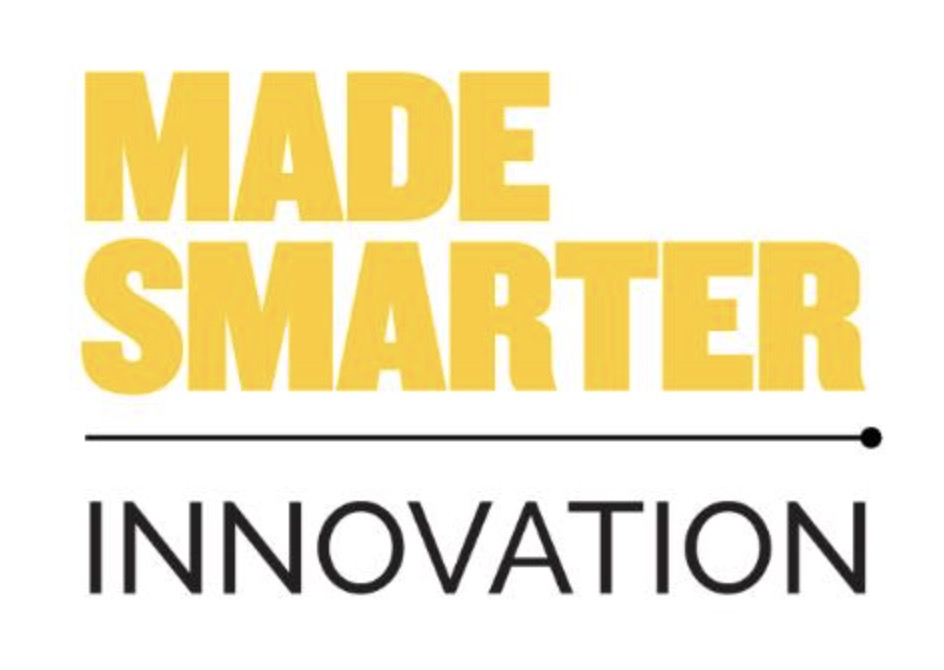- Why join?
- Events, Opportunities & News
Delivered by:

Made Smarter Innovation | Digital Supply Chain Hub is delivered by Digital Catapult, funded by the Made Smarter Innovation challenge at UK Research and Innovation.
Funded BY:

Powered BY:

Part of:

You've been redirected here from the Ethical Fashion Forum website because, as of May 2018, EFF is supporting its network through this new, online platform that helps fashion professionals succeed in the most sustainable way.
On DSCH, you'll be able to find even more great content and connections to help you do fashion better.
Join the community for free today.
Anything missing on this page? Please send us your feedback